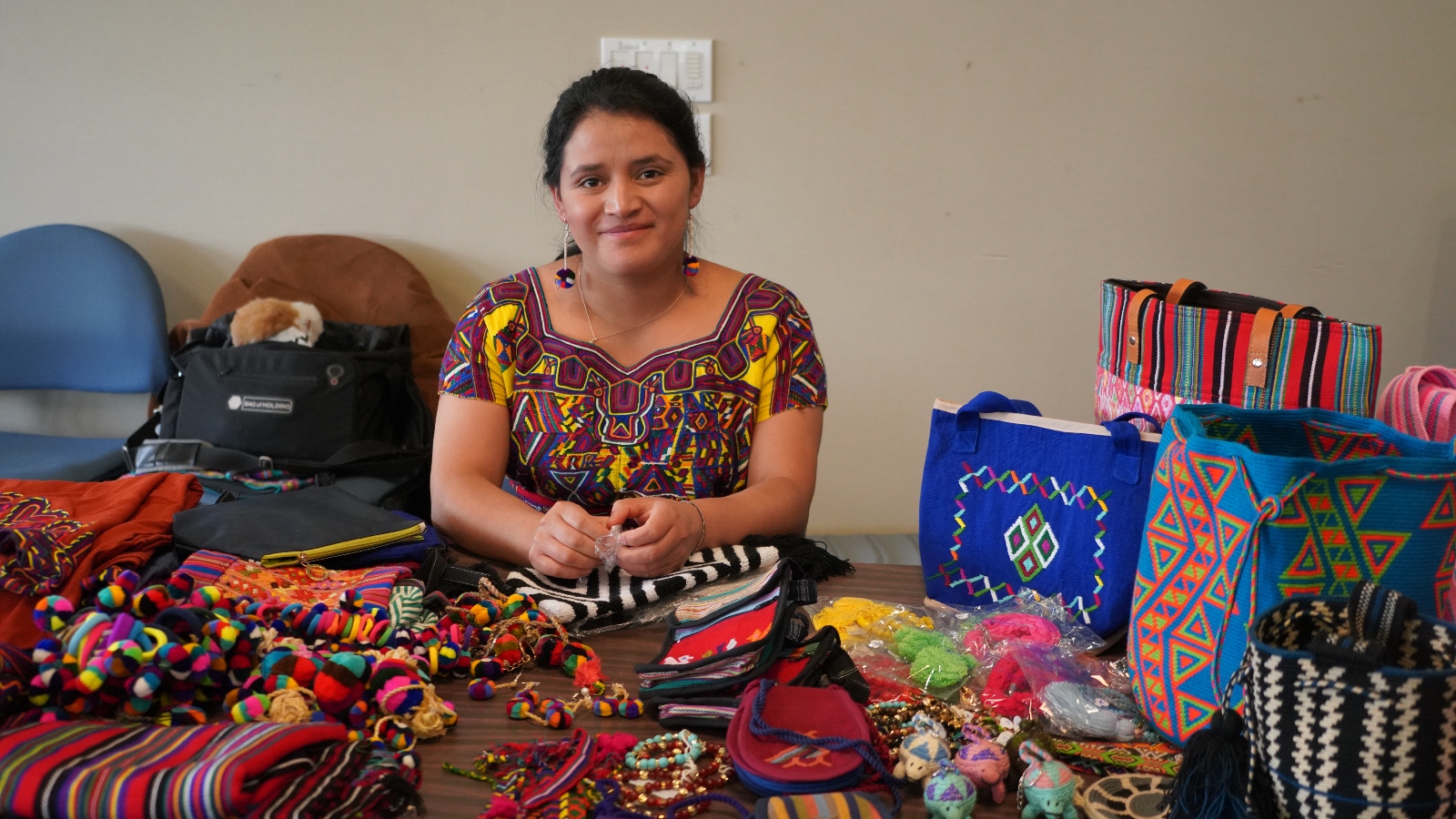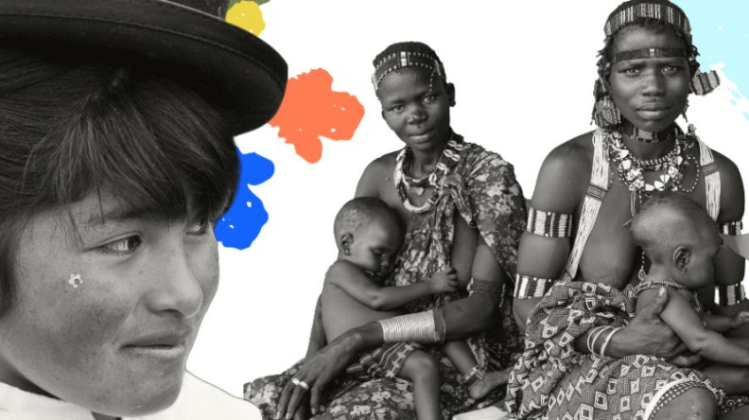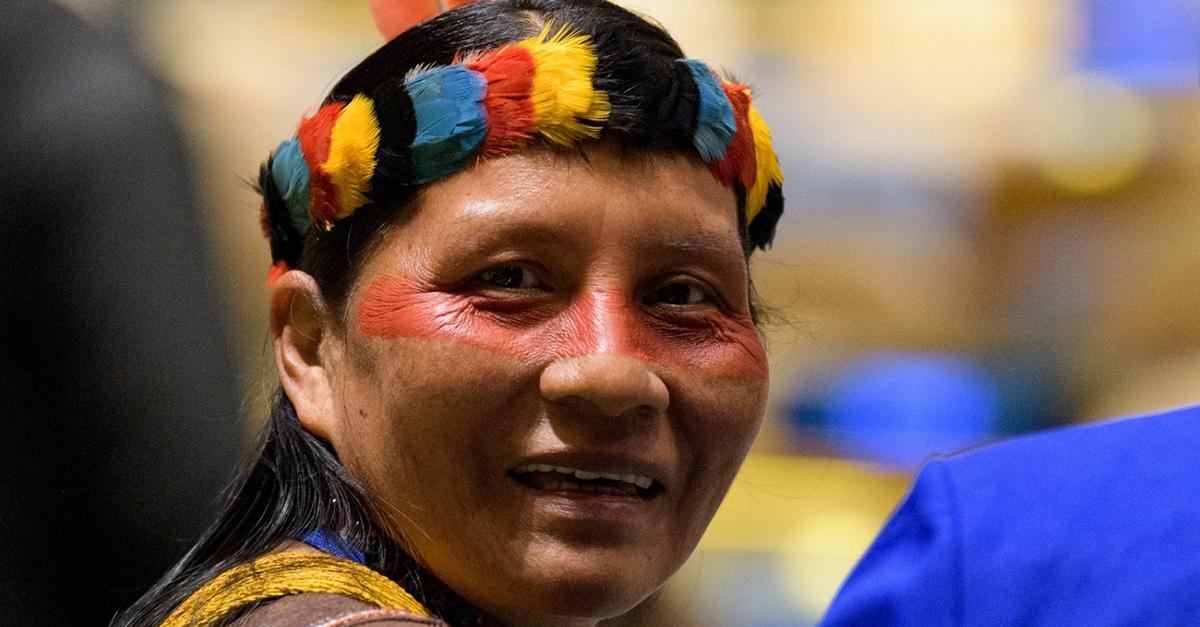
The International Day of the World’s Indigenous Peoples is marked annually on 9 August. This year’s theme is “Protecting the Rights of Indigenous Peoples in Voluntary Isolation and Initial Contact”.
Here are five things to know:
1) What does “voluntary isolation and initial contact” mean?
The focus this year is on the approximately 200 groups of Indigenous Peoples currently living in voluntary isolation and initial contact. They live detached from the rest of the world, surviving by gathering and hunting.
These groups reside in remote forests rich in natural resources in Bolivia, Brazil, Colombia, Ecuador, India, Indonesia, Papua New Guinea, Peru, and Venezuela.
2) Why would a group choose to self-isolate?
These Indigenous groups deliberately avoid mainstream society to preserve their autonomy, as well as their culture and language.

3) What are the threats to Indigenous peoples in voluntary isolation and initial contact?
One of the most serious threats from external contact is exposure to diseases. Due to their isolation, these Indigenous peoples do not have the immunological defenses to combat relatively common diseases. Forced contact with the outside world can lead to devastating consequences and can destroy entire societies.
Some of the most serious threats come from our everyday lives.
Agriculture, mining, tourism, and a push for natural resources in their territories result in the deforestation of Indigenous peoples’ forests, disrupting their way of life and destroying the natural environment that they have protected for generations.
4) What does that mean for us and the planet?
Indigenous peoples in voluntary isolation and initial contact are the best protectors of the forest.
Where their collective rights to lands and territories are protected, the forests thrive, alongside their societies. Their survival is also essential to the preservation of cultural and linguistic diversity.
In today’s hyper-connected world, the existence of Indigenous peoples in voluntary isolation and initial contact is a testament to the rich and complex tapestry of humanity.

5) How can you help?
Supporting self-isolation helps protect unique cultures, languages, and ways of life. As consumers, making sustainable choices can help to save these communities from extinction.
One of the biggest threats to Indigenous peoples is from mining companies extracting lithium, cobalt, and other critical minerals for renewable energy technologies.
The Secretary-General recently created the Panel on Critical Energy Transition Minerals to make sure that the extractive industry chain protects human rights.
Source: UN DGC
 Welcome to the United Nations
Welcome to the United Nations